Support and Referral Resources
We’ve found some great resources that provide tips on talking to young people about sex, safe sexual practices and STI/BBV symptom recognition — all in the context of sexual health and respectful sexual relationships.
These include resources providing information and referrals for supporting young people in remote communities who are dealing with issues regarding sex, sexuality and sexual health. These may be useful in school environments or other settings where young people are receiving education.
Yarning Quiet Way
Enrich our growing Yarning Quiet Ways is a resource developed for Aboriginal mums, dads and carers to help kids learn about strong, safe and healthy relationships. community.
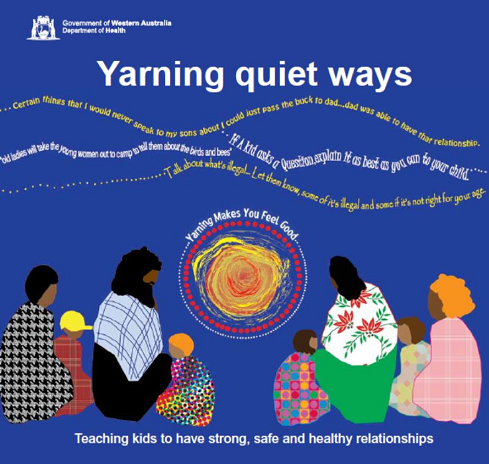
Let’s Yarn!
Let’s Yarn! has been developed to assist educators, parents and health professionals to talk with young Aboriginal people about ways of building strong, safe and healthy relationships. The website brings together useful resources developed by WA Health and other government and non-government agencies around Australia.
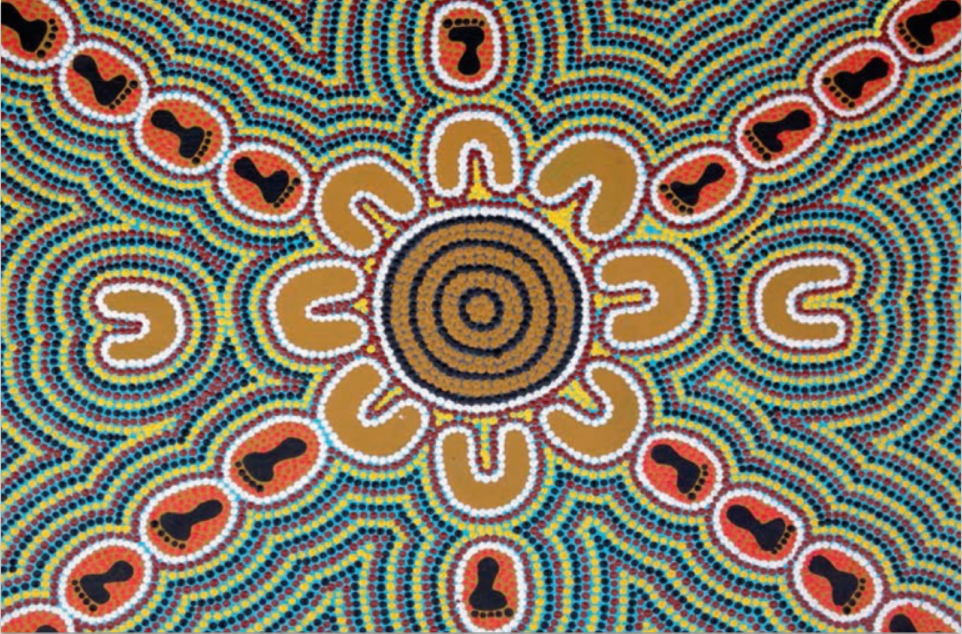
SHINE SA
SHINE SA provides a range of professional development opportunities for Aboriginal Health Workers and other workers who work with Aboriginal people to increase their knowledge and skills in the area of sexual and reproductive health and relationships.
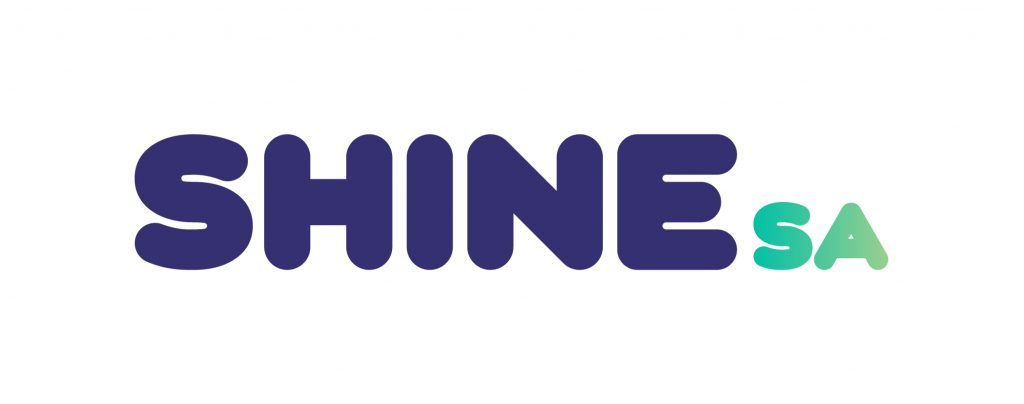
Hepatitis B Story
The Hepatitis B Story, developed by Menzies School of Health Research, is a visual, interactive app in English and Yolŋu matha designed for patients living with chronic hepatitis B (hep B) and their families. It tells the story of the hep B virus, how you get it, what happens over time, how you know you have it as well as details about immunisation and treatment (including a game). There is also a separate women’s section dealing with mother to child transmission and ways to prevent it.

HIV and Stigma in Australia: A Guide for Religious Leaders
HIV and Stigma in Australia: A Guide for Religious Leaders, a booklet produced by the Australian Federation of AIDS Organisations, emphasises the role that religious leaders and members of faith based communities can play in reducing community taboos associated with discussing sex and sexual health. The Guide provides links to useful resources and makes suggestions about how faith-based communities can address stigma, both from within the community and from the broader Australian community.
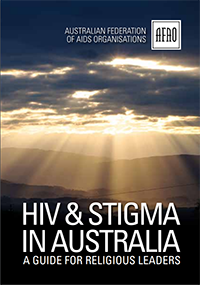
Us Mob and HIV
Us Mob and HIV is a booklet designed to increase Aboriginal and Torres Strait Islander people’s understanding of HIV. The booklet provides introductory information about HIV, transmission and prevention, HIV testing, HIV treatments, health monitoring and care and support needs, as well as contact details for services. The fourth edition of this highly utilised booklet was released in 2021, das well as the launch of the ‘Us Mob and HIV’ website usmobandhiv.org.au/

Condoman
The Condoman campaign was developed in the late eighties as a culturally based sexual health resource for Aboriginal and Torres Strait Islander people. Condoman is now an iconic figure and his message “Don’t Be Shame Be Game” has reached generations of Aboriginal and Torres Strait Islander people. Condoman was relaunched in 2009 by the QuAC / 2 Spirits Project, and he now works with his sidekick Lubelicious.

2 Spirits
The 2 Spirits program covers the entire state of Queensland, promoting the health of Aboriginal and Torres Strait Islander gay men and sistergirl communities through sexual health promotion, campaigns, community outreach, education workshops, support and referrals. See the 2 Spirits Facebook page.
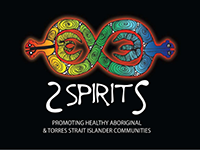
Having the Hard Yarn in Napranum
Video developed by health workers to assist in having the hard yarn with pregnant mums and partners about STIs. Also covers smoking in pregnancy, alcohol and domestic violence. Stars members of Napranum community.
Nuts and Bolts of Sexual Health
Course (in Perth) designed for workers in the youth sector, including Aboriginal health workers, AIEOs, SEWB workers and other mental health workers, AOD workers, peer educators and health promotion workers. Designed to develop the core knowledge, attitudes and skills required to have conversations with young people about respectful relationships and sexual health issues, and providing information and support.

You May Have Caught an Infection—please come for a check-up
Course (in Perth) designed for workers in the youth sector, including Aboriginal health workers, AIEOs, SEWB workers and other mental health workers, AOD workers, peer educators and health promotion workers. Designed to develop the core knowledge, attitudes and skills required to have conversations with young people about respectful relationships and sexual health issues, and providing information and support. See the website for more information.
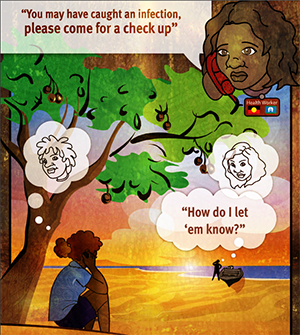
ATSIHIV.org.au
Resource on HIV for Aboriginal and Torres Strait Islander people and community services across Australia, providing accessible information on HIV transmission, prevention and treatment. It explains recent developments in HIV prevention and treatment, and the importance of fighting the shame and stigma associated with HIV and STIs. The website is also intended to support health professionals and educators, with information on latest data on HIV among Aboriginal & Torres Strait Islander communities, key research projects, and links to useful online resources.
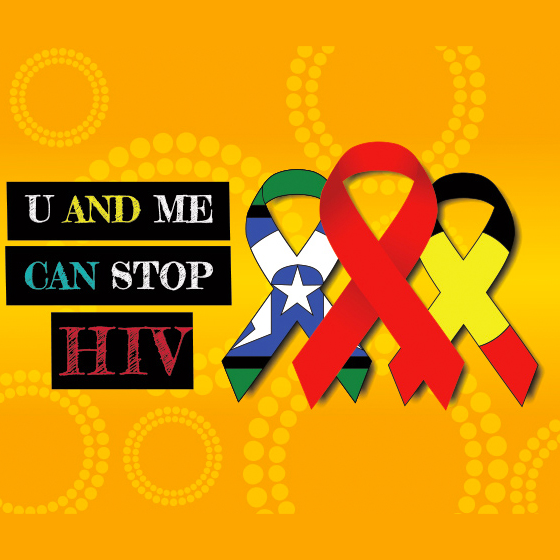
Big Shame
This DVD depicts a story about child sexual assault for services that have Aboriginal workers and people working with Aboriginal communities.
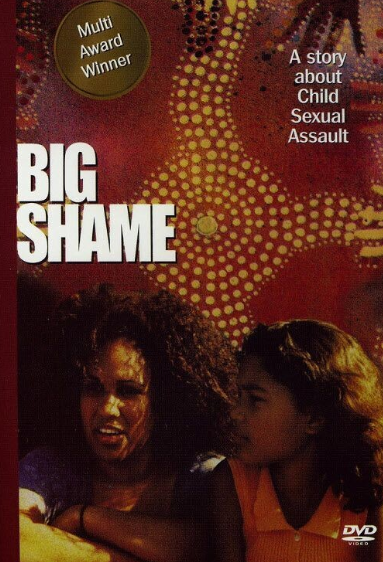
Teacher Support
Growing and developing healthy relationships
A website providing resources for teachers to design and implement a program on developing healthy relationships and social and emotional health, including sexuality. Visit the website.
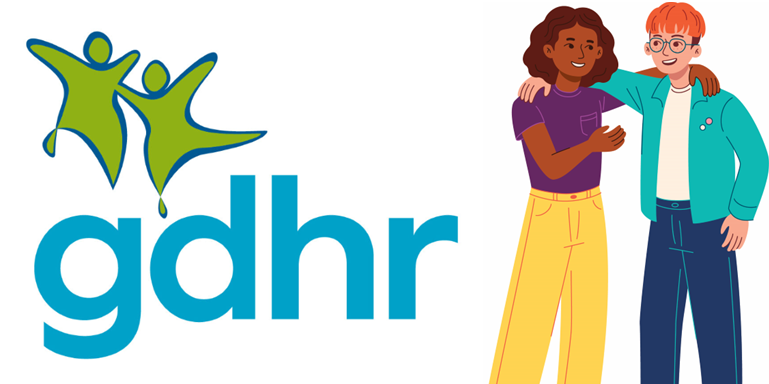
True or Gammon
Mob you got any burning questions about Sexually Transmissible Infections (STIs)? Then check out the Australian Government Department of Health and Aged Care new STI resources for Aboriginal and Torres Strait Islander people – True or Gammon.
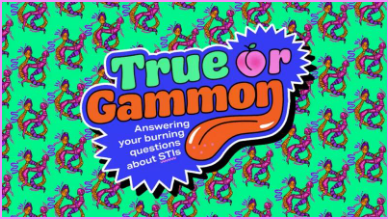
Getting Tested and Getting Support
Better to know
A website for young Aboriginal and Torres Strait Islander men and women providing information on STIs, HIV, testing and treatment — in two sections, Men’s Business and Women’s Business. Site users can receive SMS or email reminders to have a sexual health check. The site is also a practical tool for clinical staff and counsellors in Aboriginal health services, sexual health centres and general practice to assist patients in partner notification. Users can use the site to notify recent sexual partners that they may be at risk of having an STI and encourage them to have a sexual health check. The notification can be made anonymously.
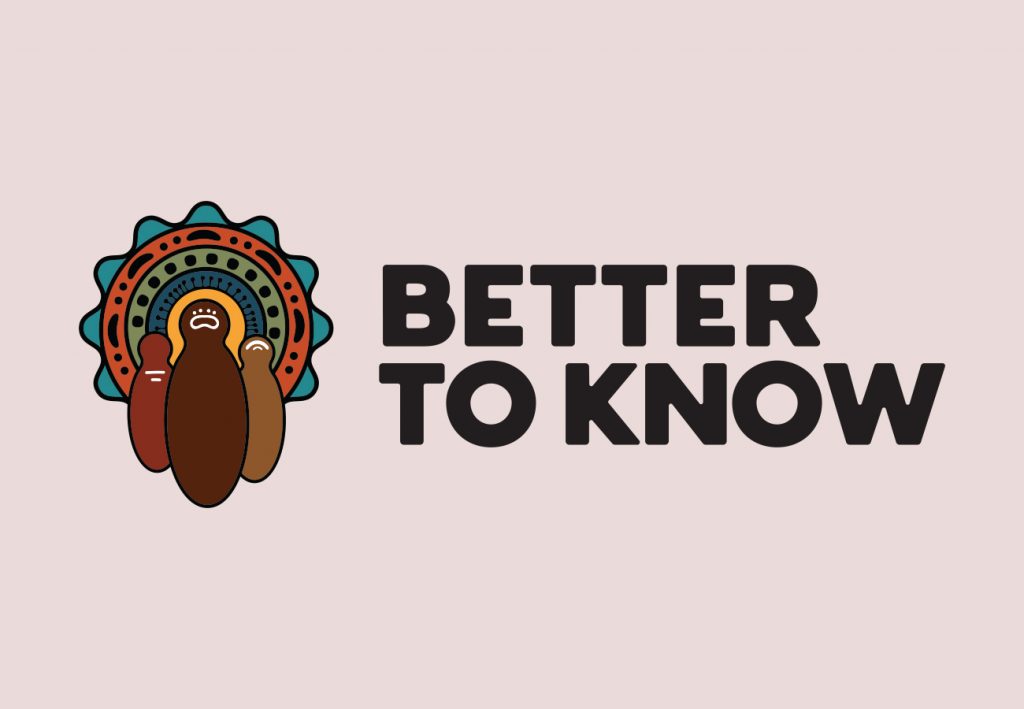
All Good
Resource on HIV for Aboriginal and Torres Strait Islander people and community services across Australia, providing accessible information on HIV transmission, prevention and treatment. It explains recent developments in HIV prevention and treatment, and the importance of fighting the shame and stigma associated with HIV and STIs. The website is also intended to support health professionals and educators, with information on latest data on HIV among Aboriginal & Torres Strait Islander communities, key research projects, and links to useful online resources.

Australian Indigenous HealthInfoNet
An Indigenous sexual health web resource for anyone interested in the sexual health of Aboriginal and Torres Strait Islander peoples. The HealthInfoNet health topic on sexual health provides comprehensive information and resources about sexual health among Indigenous peoples.

The National Aboriginal and Torres Strait Islander Health Worker Association NATSIHWAP
The National Association of Aboriginal and Torres Strait Islander Health Workers and Practitioners (NAATSIHWP) is a national peak workforce association.
NATSIHWAP run regular events for Aboriginal and Torres Strait Islander Health Workers including their forums around Australia.

Young Deadly Free is a project by the University of Queensland Poche Centre for Indigenous Health (formerly the South Australian Health and Medical Research Institute). © UQ POCHE 2024